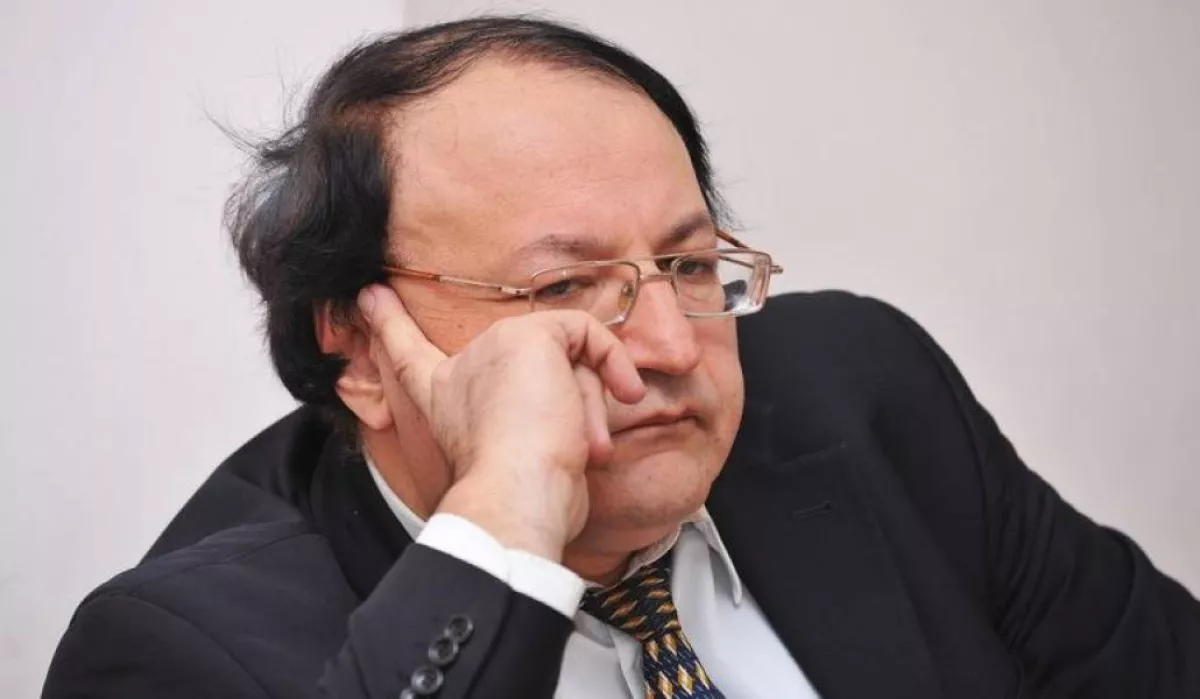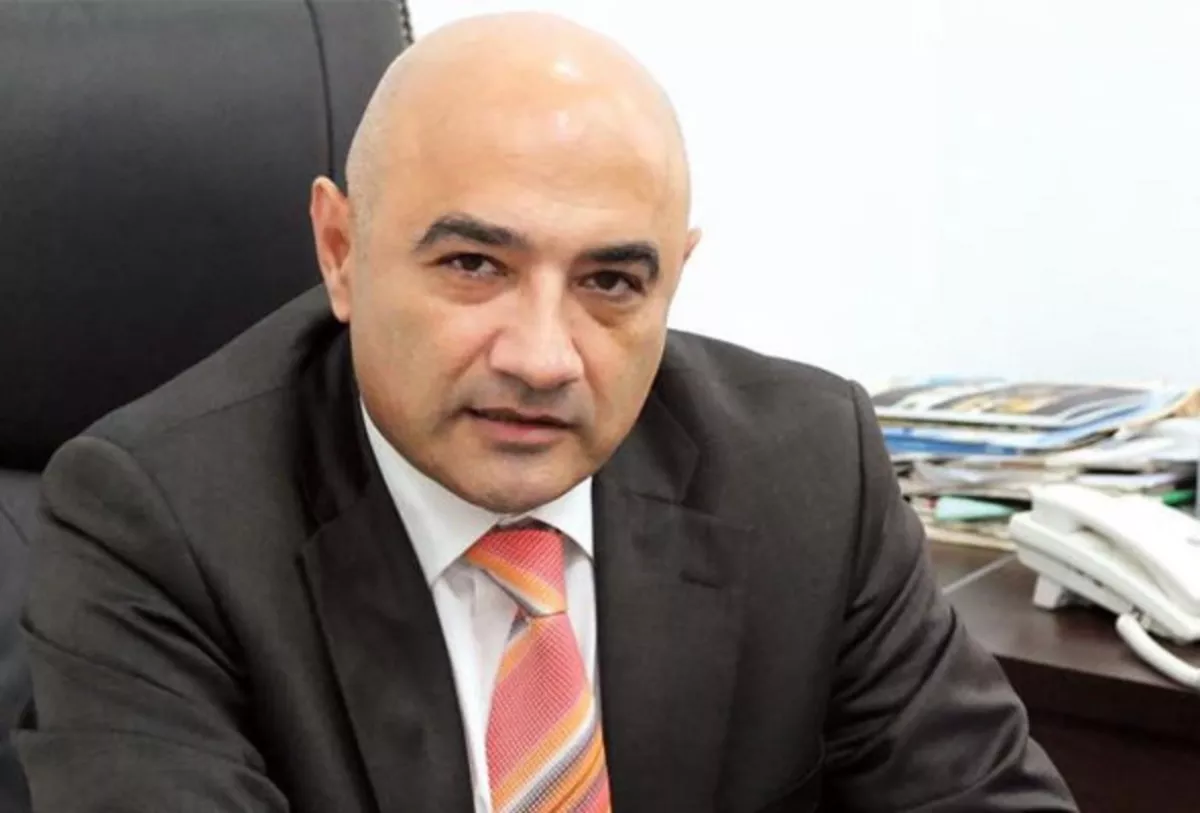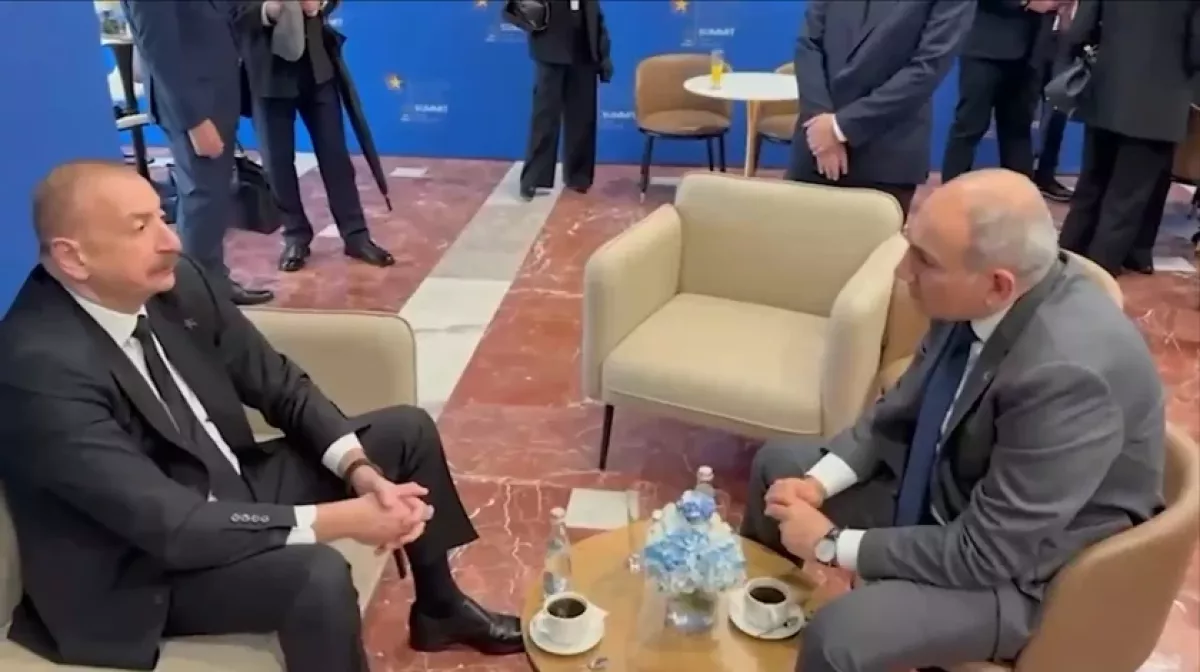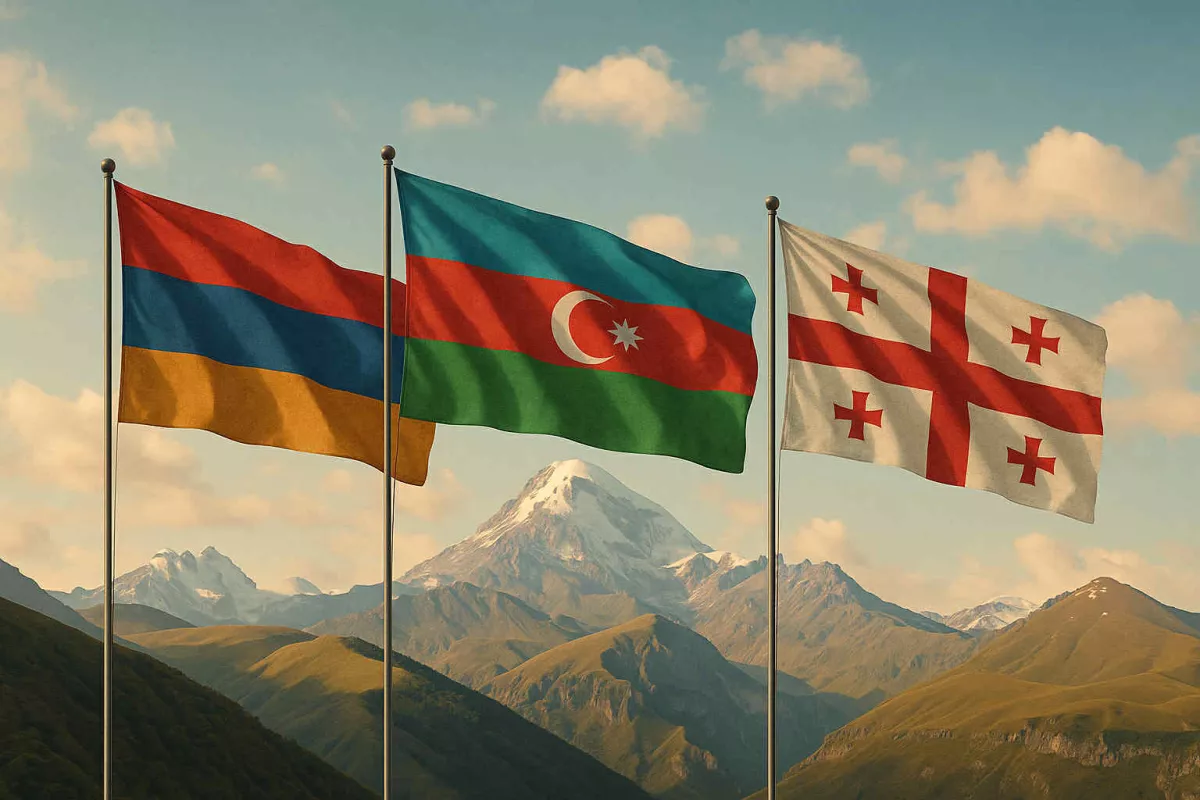“Azerbaijan and Armenia are close to reaching a peace agreement” Expert opinions on Caliber.Az
U.S. President Donald Trump stated that the conflict between Azerbaijan and Armenia will soon be “successfully resolved.”
“And we solved another one — that we just seem to have Armenia and Azerbaijan. It looks like that's going to come to a conclusion, a successful conclusion,” Trump said at a meeting with NATO Secretary General Mark Rutte.
What specific bilateral actions by Baku and Yerevan have brought the situation to this point?
Well-known analysts from Armenia and Azerbaijan shared their opinions with Caliber.Az.

The Chairman of the Political Scientists Union of Armenia, Doctor of Political Sciences Hmayak Hovhannisyan, noted that he would try to answer this complex but very interesting question.
“The participants of the recent high-level meeting have been rather taciturn — they are waiting for the assessments of our state leaders in order to skillfully align themselves with them. As a person unburdened by official obligations and truly free, I will try to give my own assessment.
In my opinion, the parties have come very close to concluding an agreement on peace and good-neighbourliness because they have sincerely embarked on direct negotiations — without intermediaries. I have long argued that neighbouring peoples, similar in temperament and customs, should be ashamed to avoid dialogue and constantly rely on the help of ‘big brothers.’
Folk wisdom says: no one is closer than a neighbour. No one understands your concerns better than they do. The history of our relations has known truly good times — this must not be forgotten.
Those who claim that we are doomed to enmity, that there is some fatal incompatibility between us, pursue their own selfish geopolitical goals. Such approaches bring no good to either Armenians or Azerbaijanis. Meanwhile, our peoples need each other and, frankly, complement one another.
In 1988, the scoundrel Gorbachev, knowing the emotional and active nature of the Armenian people, used us as kindling to shake the inert empire. As a result, both sides suffered. Today, we are obliged to clear away the debris of mutual distrust together.
The main thing is that a start has been made, and, as they say, the path will be mastered by walking,” Hovhannisyan is confident.

Political analyst and senior advisor at the Baku International Multiculturalism Centre, Tofig Abbasov, believes that Baku and Yerevan have already outlined a roadmap that could lead to the signing of a peace agreement.
“American diplomacy is making efforts to establish an understanding between Armenia and Azerbaijan and is facilitating the movement of both sides towards signing an agreement.
What has contributed to this? Recently, Armenia’s political leadership has been feeling the effects of geopolitical isolation. Nikol Pashinyan realises that the future of his country depends on normalising relations with Azerbaijan and Türkiye.
Yes, a sense of inferiority persists in Armenian society following the defeat in the Second Karabakh War, which is why the emphasis has been placed on the Turkish track. However, Pashinyan is gradually shifting more attention toward relations with Azerbaijan, recognising that this is a key factor in the peace agenda for the South Caucasus.
Azerbaijan, in turn, is offering participation in integration projects that it has itself initiated. We have always made pragmatic proposals — opening communications, delimitation and demarcation of borders, and so on.
Baku is demonstrating a sound approach: pragmatism is our priority. This positively influences the position of the Armenian leadership.
From the outset, President Ilham Aliyev has emphasised the advantages of the bilateral format of negotiations. Intermediaries often act out of corporate interests, create confusion, and cloud the atmosphere. It is much more effective to reach agreements directly.
Armenia is gradually coming to understand that there are no alternatives left, and it has to listen to Baku’s proposals. We are witnessing how Pashinyan is increasingly engaging with the President of Azerbaijan.

This was evident, for example, in Tirana, at the summit of the European Political Community, when Pashinyan invited the Azerbaijani leader for a coffee. He seized the moment to signal new directions on the agenda.
This is no longer speculation, but tangible facts that indicate Yerevan’s turn toward common sense. After the Second Karabakh War, Azerbaijan did not waste time on illusions but focused on concrete objectives:
First, the restoration of the liberated territories.
Second, the reopening of transport routes.
As well as the consistent fulfilment of commitments under the Trilateral Statement of 10 November 2020. Azerbaijan has made significant progress on all fronts. Armenia, on the other hand, remains inactive.
As head of state, Pashinyan understands that time is running out. Azerbaijan is confidently advancing its agenda, strengthening ties with the European Union, and expanding gas cooperation. We have just added our 13th gas export partner — Syria. All of this affirms the resilience of our course and our active role in ensuring regional and global security.
Meanwhile, Armenia continues to invest in weapons that will not provide it with real advantages. Our army remains the strongest and best equipped in the region, and any comparison with the Armenian forces is simply pointless.
If Yerevan is truly ready for peace, it is time to prove it not with words, but with actions. Azerbaijan was the first to propose the fundamental principles for a peaceful settlement. We remain the leading party, while Armenia is still catching up. And now, the Armenian leadership realises that it can no longer afford to miss these opportunities.

Azerbaijan, as the victorious country, has shown no arrogance. On the contrary, it has extended a hand of reconciliation. We are ready to establish a new regional alliance similar to the Baltic trio — Estonia, Latvia, and Lithuania. Why not create a similar trio in the South Caucasus: Azerbaijan, Armenia, and Georgia?
Azerbaijan and Georgia have already made significant progress. Armenia, however, remains stuck in political confusion and a habit of relying on external aid, constantly knocking on the EU’s door in search of financial support.
Pashinyan’s trip to Brussels once again revealed this — lots of words, little substance. Armenia continues using the tactic of complaints to obtain assistance. But the question arises — what is Armenia itself doing to improve its economy and attract investors?
Armenia must become a full-fledged and dynamic participant in the regional architecture.
Recent progress in the bilateral format confirms that it is Azerbaijan that has outlined a new model of policy — one that also includes a place for Armenia.
We already have achievements: around 17 kilometres of the border have been delimited and demarcated. The two sides have supported each other’s candidacies within COP and other international formats.
A meeting of the leaders took place in Abu Dhabi, and serious expectations are tied to it. However, Armenia must first meet two fair demands of Azerbaijan: to officially renounce the OSCE Minsk Group, which has long lost its relevance, and to amend its legislation — including the Constitution — to remove territorial claims against Azerbaijan.
If this happens, the return of Azerbaijanis to Western Zangezur — a region where they historically lived — will become possible.
All of this would lay the groundwork for restoring full relations and concluding a comprehensive peace,” Abbasov concluded.








